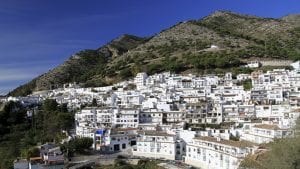
I AM going to do something that is slightly out of character; I am going to fly the flag for British immigrants in Spain; myself included in that number.
In a recent article in a rival English language Newspaper, a ‘British-Iraqi’ journalist wrote: “In the 27 years that I’ve lived in Spain I’ve seen how the English live in closed communities, and the great lack of integration,” she said. I was fascinated to read the tirade of comments, some supporting this point of view, but most suggesting similarities with pots and kettles.
This came a week or so after reading an article with the Mijas Foreigners’ Department which gave a clear message: “The Brits do not integrate!”
This took me down an interesting road which suggested to me that these writers miss the distinction between integration and assimilation.
Let’s start with the easiest concept which is assimilation. According to a paper produced by Cardiff University, assimilation is the process whereby outsiders, immigrants, or subordinate groups become indistinguishable within the dominant host society, eventually conforming to the existing cultural norms of society. Basically, the old culture and ethnic identity die off in favour of adopting the host nation’s culture.
Integration, on the other hand, is something quite different and, clearly, misunderstood. It is not about losing cultural identity, and entails being able to celebrate differences within civic society. According to the Cardiff study it is a process that requires mutual respect from all parties. We are fortunate that our British norms and traditions are not fundamentally at odds with Spanish culture.
But, the Brits in Spain pay their taxes, run their businesses, raise their families, often in Spanish speaking schools; they love to attend flamenco events and the ferias, have their ‘pan con tomate’ for breakfast with their ‘café con leche’, often take a siesta, and dine out late in the summer evenings. They love the spectacle of Semana Santa, and the various local celebrations. And, they turn out in force for the free sardines on the beach in May.
What we have brought is more than just our money and I would have to mention animal protection groups and charity shops. I see people well integrated in the correct use of the word.
It is true that language can be a barrier to further integration and we Brits are notoriously bad (or lazy) when it comes to learning foreign languages. I think that the Empire has something to do with it, and the fact that we are an island without neighbours speaking other languages.
Apart from this I would love to see the Brits more involved in the local political process. These are only Spanish elections we can vote in and which make the biggest impact on our lives. If you need information about how to register to vote, contact mijasmatters@gmail.com and we can help you.
Whom you vote for is your decision, but I am voting for change, and to bring back Angel Nozal and his team to restore Mijas to its glory days.

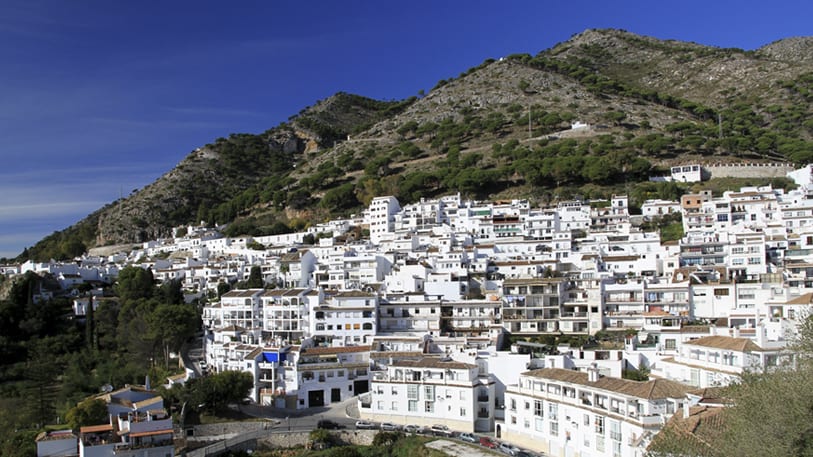
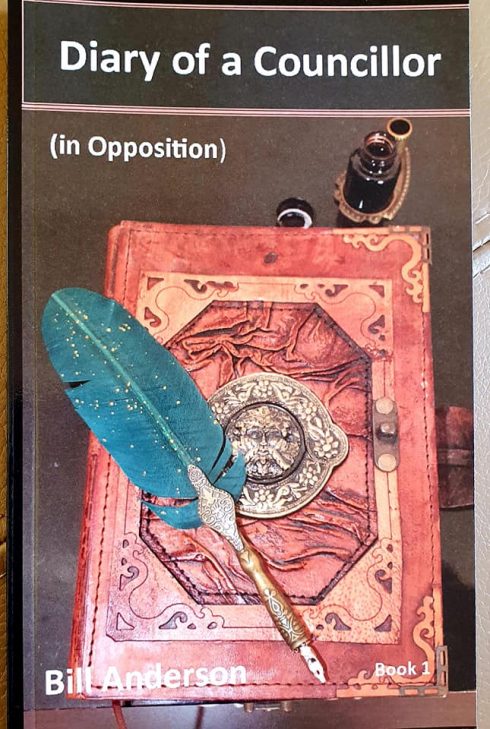

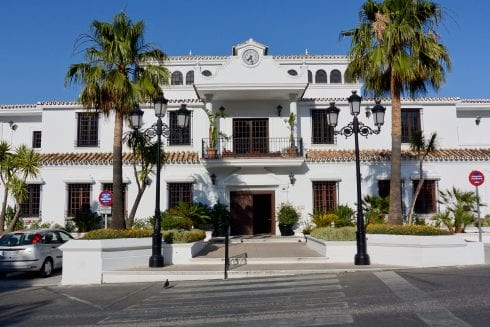


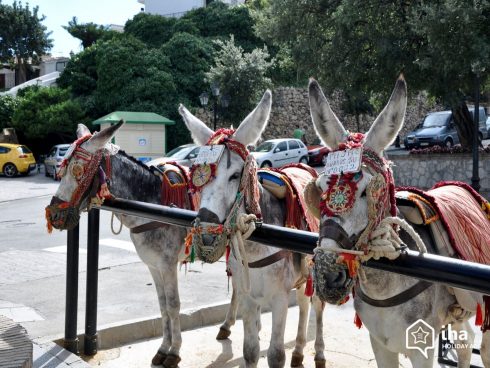



Well said. We do indeed participate and belong to our chosen community. We make it stronger and of course more cosmopolitan with our presence. We should be on the padrón (as it brings more permits, licences and funding to our municipality) and we should be on the voters’ register, to see that our community is wisely lead. In some towns, the foreigners are encouraged to assimilate. There are foreigners departments, bilingual clerks in the town hall, foreign participative ‘fairs’ and so on. We may be ‘slightly second divuision’, but, in some towns, it’s only slightly so – and a good command of Spanish will blur the limits still further.
Then of course, and at the other extreme, there’s the town I live in, up in Almería…